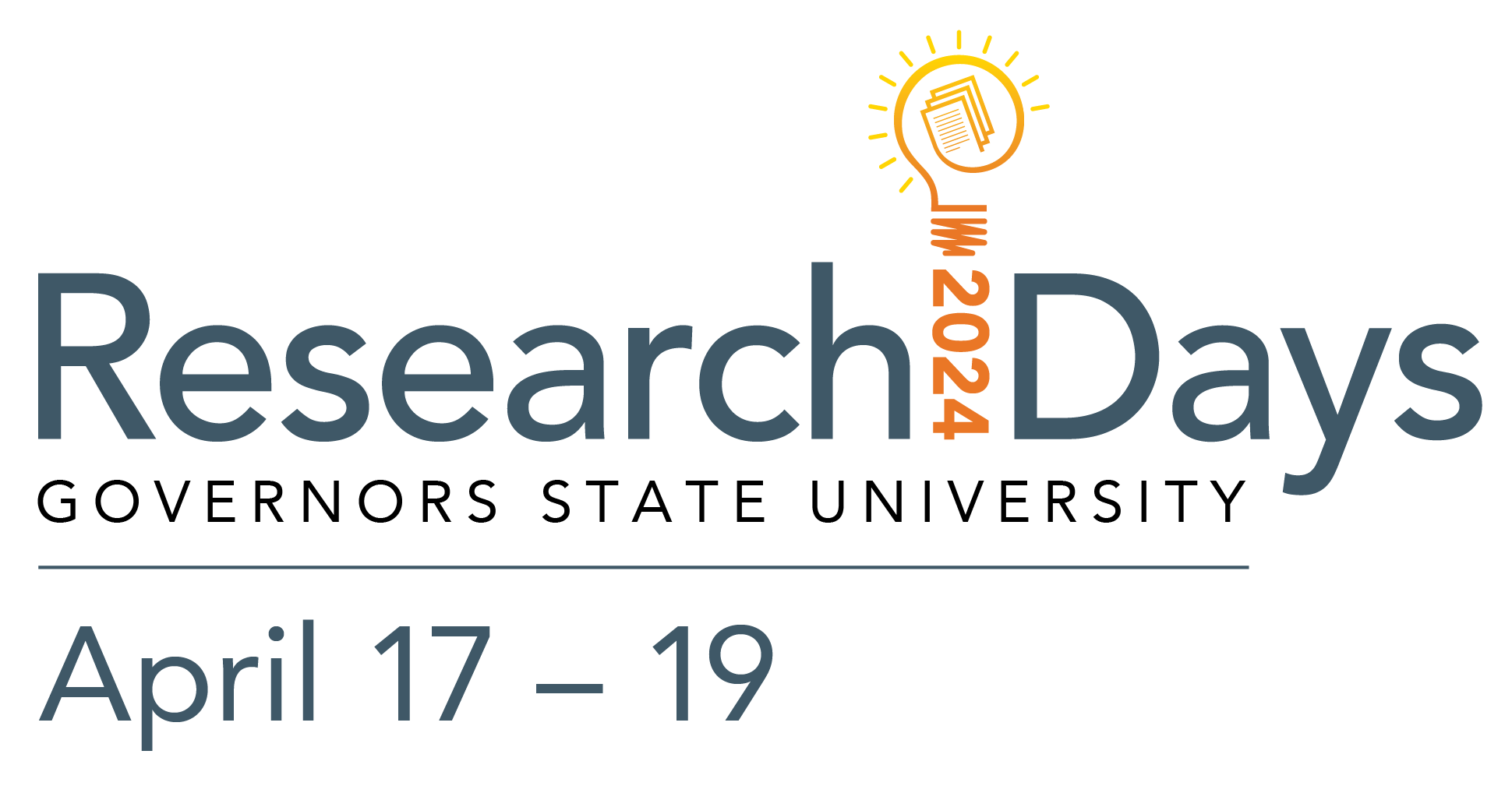Collaborative Learning in Occupational Therapy Graduate School
Type of Presentation
Poster Session
Location
University Library
Start Date
4-17-2024 11:45 AM
End Date
4-17-2024 1:15 PM
Abstract
Collaborative learning or ‘group-work’ activities prepare students to function in allied health care teams (Björklund & Silén, 2021). Teamwork is essential to facilitate safe, high quality and effective care. Skills learned in collaborative learning are also transferable to other work environments. This research study examines occupational therapy students' and occupational therapy faculty perspectives of the benefits and challenges of collaborative learning in graduate school. Through an exploratory design, data was collected from both survey questions and open-ended questions to gain further insight. Survey results revealed the composition of group work preferences, and the open-ended comments elaborated on the effectiveness of group work. The results also showed variety between student and faculty perspectives, however both perspectives identified benefits and challenges. While previous literature clearly highlights the effectiveness of group work, a future direction could be the study of collaborative learning in an interdisciplinary student learning setting.
Presentation File
wf_no
Collaborative Learning in Occupational Therapy Graduate School
University Library
Collaborative learning or ‘group-work’ activities prepare students to function in allied health care teams (Björklund & Silén, 2021). Teamwork is essential to facilitate safe, high quality and effective care. Skills learned in collaborative learning are also transferable to other work environments. This research study examines occupational therapy students' and occupational therapy faculty perspectives of the benefits and challenges of collaborative learning in graduate school. Through an exploratory design, data was collected from both survey questions and open-ended questions to gain further insight. Survey results revealed the composition of group work preferences, and the open-ended comments elaborated on the effectiveness of group work. The results also showed variety between student and faculty perspectives, however both perspectives identified benefits and challenges. While previous literature clearly highlights the effectiveness of group work, a future direction could be the study of collaborative learning in an interdisciplinary student learning setting.

